Publications
Articles, publications, books, tools and multimedia features from the U.S. Institute of Peace provide the latest news, analysis, research findings, practitioner guides and reports, all related to the conflict zones and issues that are at the center of the Institute’s work to prevent and reduce violent conflict.
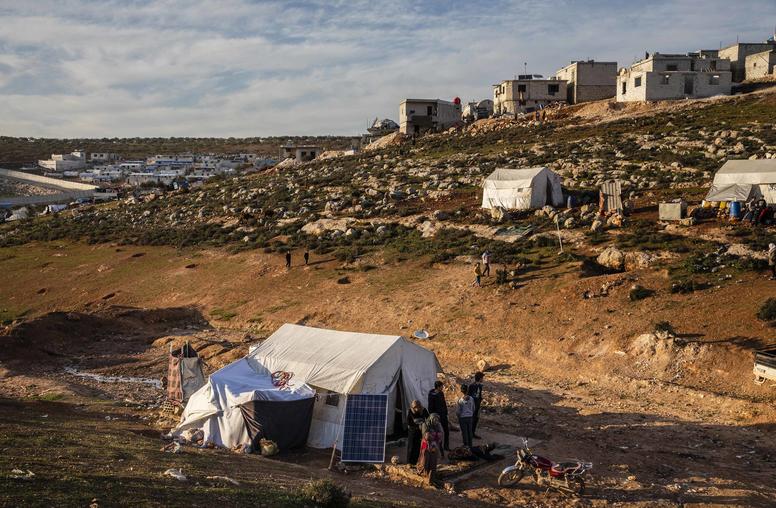
With Syria’s Last Aid Crossing on the Line, Can U.S., Russia Make a Deal?
A crucial deadline that will determine the future of humanitarian aid to Syria looms this week, as the authorization for the Bab al-Hawa crossing on the Turkey-Syria border expires on July 10. The crossing is the last with a U.N. mandate allowing aid to be delivered directly, without having to first go through the Assad regime in Damascus. While Washington has been insistent that the crossing should remain open, with a senior official calling it a matter of “life and death,” Moscow has said the cross-border aid undermines Syria’s sovereignty. Russia has used its veto power in the Security Council to prevent extensions of three other such aid crossings.
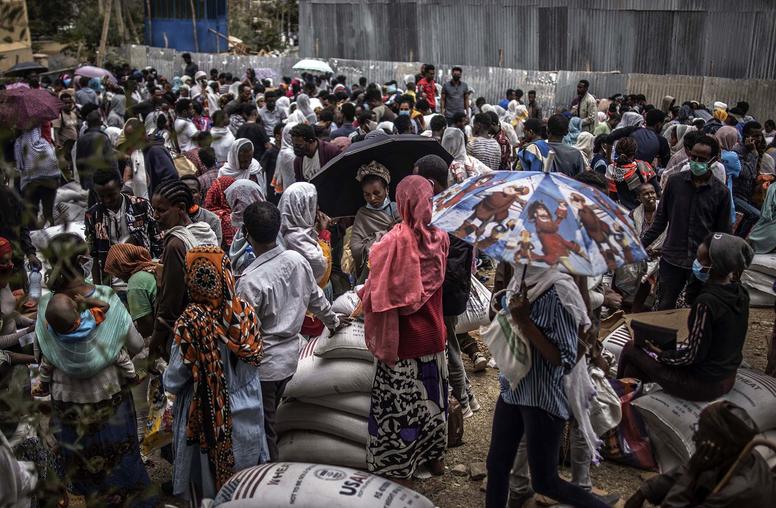
Five Steps to Sustain a Cease-Fire in Northern Ethiopia
After months of war and amid an intensifying humanitarian crisis in Ethiopia’s northern region of Tigray, the Ethiopian government unilaterally declared a “humanitarian cease-fire” on June 28. If Ethiopia wants this truce to end the war it needs to persuade Tigrayan forces, which have so far vowed to keep fighting, to agree to a deal. As a prelude to wider negotiations, the odds of ending the conflict would improve if confidence building measures are urgently undertaken and five key areas of a truce expanded. U.S. and international partners can promote these steps while recognizing that Ethiopians must own any cease-fire process.

Protests in Colombia
Steve Hege, regional deputy director for Latin America, testified on July 1, 2021 at the Tom Lantos Human Rights Commission's hearing on "Protests in Colombia." His expert testimony as delivered is presented below.
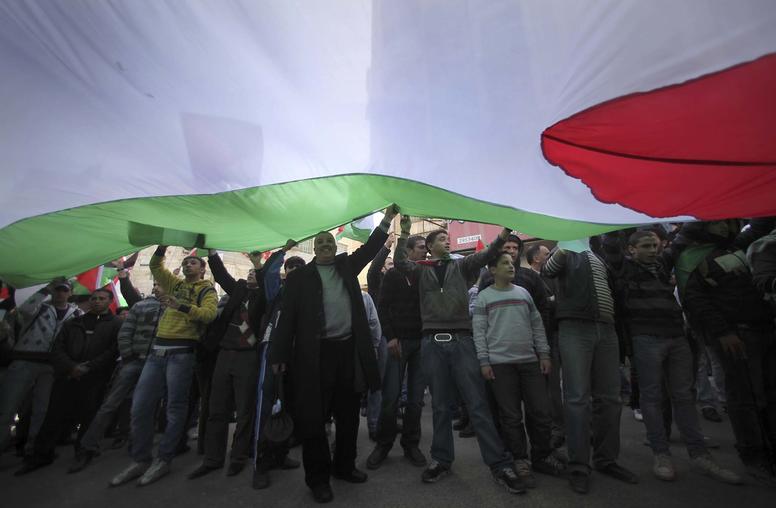
Palestinians’ Divided House Hampers Peace
In a scene reminiscent of the uprisings that swept the Middle East 10 years ago, Palestinian protesters took to the streets over the weekend, chanting, “The people want to bring down the regime.” The recent death of activist and Palestinian Authority critic Nizar Banat while in the custody of Palestinian security forces was the proximate cause for the unrest. But Palestinians’ disenchantment with their leadership has much deeper roots. Fifteen years after the last national elections, the Palestinian polity is as fractured as ever, adding but another obstacle to resolving the seemingly intractable Israeli-Palestinian conflict.
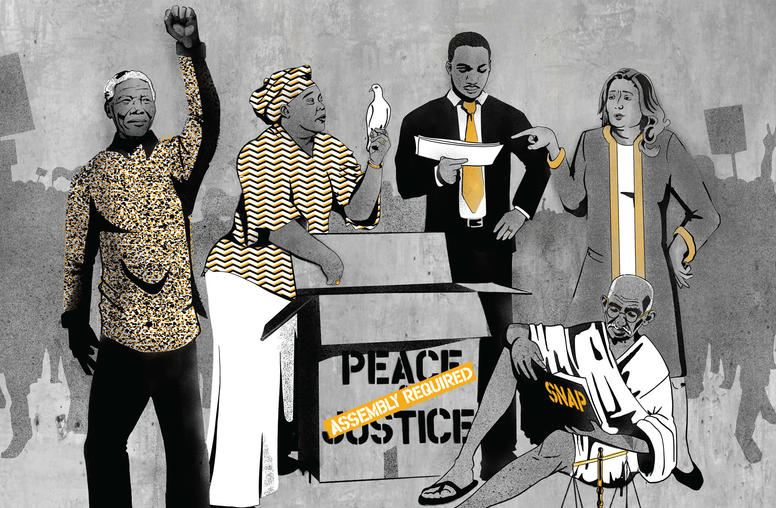
SNAP: Synergizing Nonviolent Action and Peacebuilding (Burmese)
ဤလမ်းညွှန်စာအုပ်သည် ပဋိပက္ခ အသွင်ပြောင်းလဲခြင်း သို့ ဦးတည်ရာတွင်နည်းလမ်းများအား မဟာဗျူဟာကျကျ ထိထိရောက်ရောက် အသုံးပြုနိုင် စေရန်ငြိမ်းချမ်းရေး တည်ဆောက်သူများ နှင့် အကြမ်းမဖက်လှုပ်ရှားမှု ဖော်ဆောင်သူများ အကြား ချိတ်ဆက်ရန် ကြိုးပမ်းခြင်းဖြစ်သည်။ ၎င်းသည် တရားမျှတမှုနှင့် ရေရှည်တည်မြဲသော ငြိမ်းချမ်းရေးကိုမြှင့်တင်ရန်အ ပြန်အလှန်ပြောဆိုခြင်း၊ တိုက်ရိုက်လုပ်ဆောင်မှုများ နှင့် နည်းလမ်းများကို ပေါင်းစပ် အသုံးချနိုင်ကြောင်း ပြသခြင်းဖြစ်သည်။ ဤလမ်းညွှန်စာအုပ်သည် ၎င်းတို့၏လုပ်ငန်းခွင်တွင် အကြမ်းမဖက် လှုပ်ရှားမှုနှင့် ငြိမ်းချမ်းရေး တည်ဆောက်ခြင်း နည်းလမ်းများအား မည်သို့ ပေါင်းစပ်အသုံးပြုရမည်ကို လေ့လာလိုသည့် စီစဉ်သူများ ၊ စည်းရုံးရေးမှူးများ၊ တက်ကြွလှုပ်ရှားသူများ ၊ ကြားဝင် ဖျန်ဖြေသူများ၊ ကြားဝင် ညှိနှိုင်းသူများ နှင့် ငြိမ်းချမ်းရေးတည်ဆောက်သူများအား ပံ့ပိုးပေးနေသော သင်တန်းဆရာများ ၊ ပံ့ပိုးပေးသူများ နှင့် အခြားလက်တွေ့ ကျင့်သုံးသူများအတွက်ဖြစ်သည်။
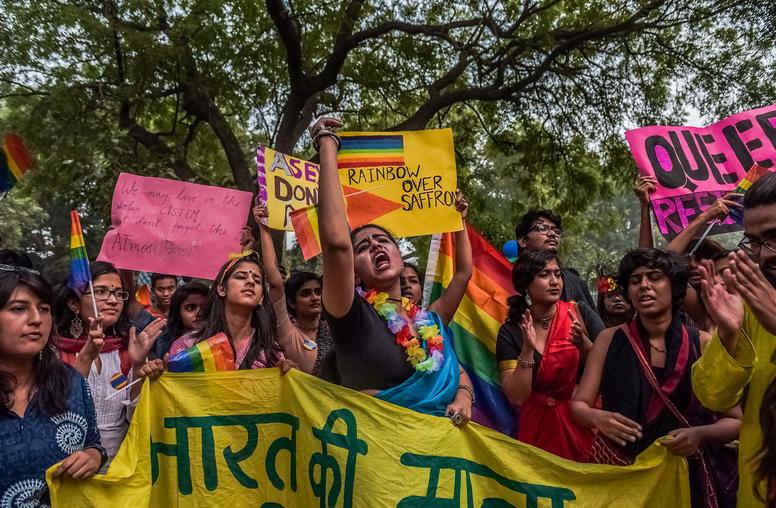
Why Gender and Sexual Minority Inclusion in Peacebuilding Matters
A society cannot be considered peaceful when certain groups within it experience targeted and ongoing forms of violence and discrimination. Despite this recognized importance of inclusivity, gender and sexual minorities (GSM) remain largely invisible in peacebuilding. Even in the international Women, Peace and Security (WPS) agenda, which has become a significant entry point for addressing gender dynamics in peacebuilding, GSM rights, protection and participation are also inadequately addressed. The absence of established norms for and approaches to GSM inclusion means that it is incumbent on peacebuilders to think more intentionally about why and how GSM can be included.
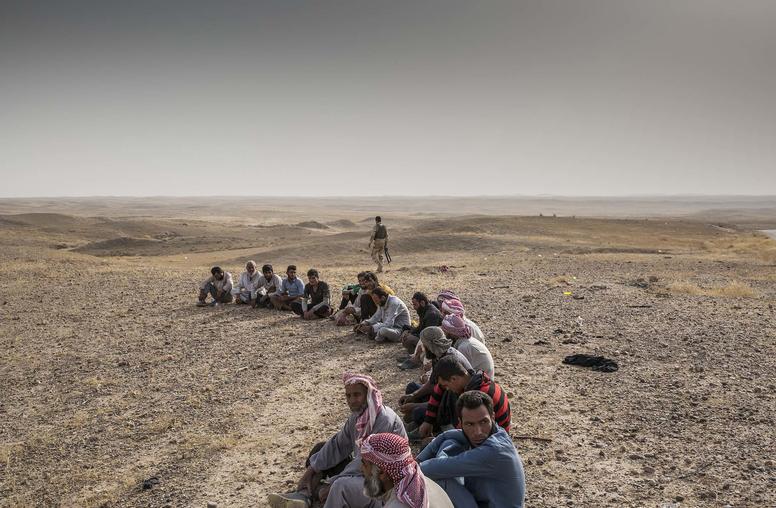
ISIS-Driven Displacement Remains Key Challenge as Iraq Prepares for Elections
Iraq remains a struggling nation confronting enormous, social, economic and reconstruction challenges yet progressing in critical areas such as resettling its displaced population and preparing for national elections this fall, two ministers of the Baghdad government said.

Priscilla Clapp on the Violent Fallout from Myanmar’s Coup
Myanmar’s military expected to reclaim control quickly after February’s coup. But USIP’s Priscilla Clapp says that “when the civilian protests persisted beyond a month, the military began to panic … As a result, the country has descended into chaos and widespread indiscriminate violence.”
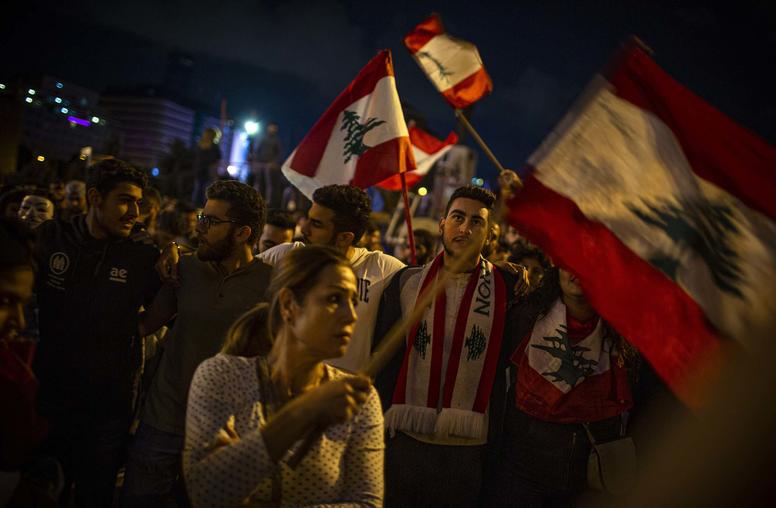
What Could Make or Break Lebanon’s 2022 General Election
Lebanon, unlike many other countries, is actually ruled by a conglomerate of political figures and business elites and organizations. Therefore, a change in Lebanon can neither be about a single politician or party nor can it be led by one political group. In the past 15 years, there were several attempts to alter the governance model and practices in Lebanon. All of them proved unsuccessful for various reasons including the toxic manipulation of identity-based politics by the majority of politicians and clerics, deep-seated corruption, twisted social norms, regional power competition and the absence of an organized, competent and capable political alternative.
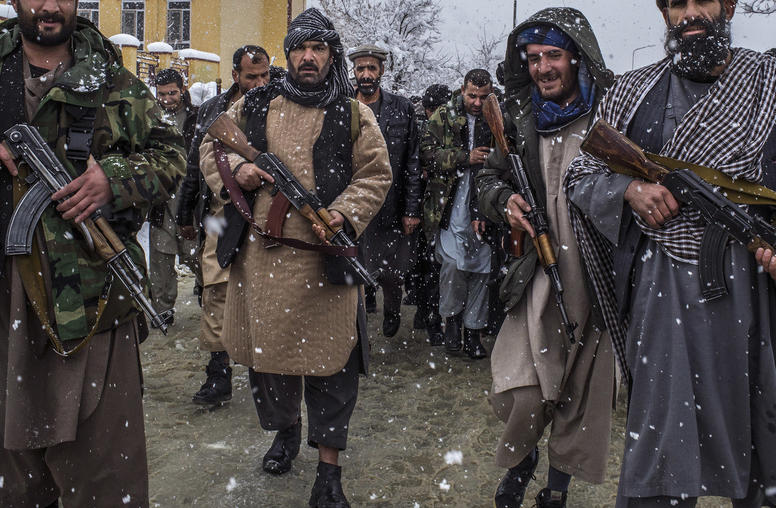
After Afghanistan Withdrawal: A Return to ‘Warlordism?’
As the United States withdraws from Afghanistan, Washington is considering options to ensure its intelligence-gathering and counterterrorism capabilities are maintained. Recent reporting suggests that United States is looking to use bases in Pakistan and in the former Soviet Republics in Central Asia — although without success so far. Washington is also mulling over engaging with Afghan warlords as part of this effort, a strategy it relied on in the 1980s and 90s and to a lesser extent over the last two decades. If history is any guide, this strategy will pose significant risks that could have deadly and destabilizing consequences for Afghanistan and the region.